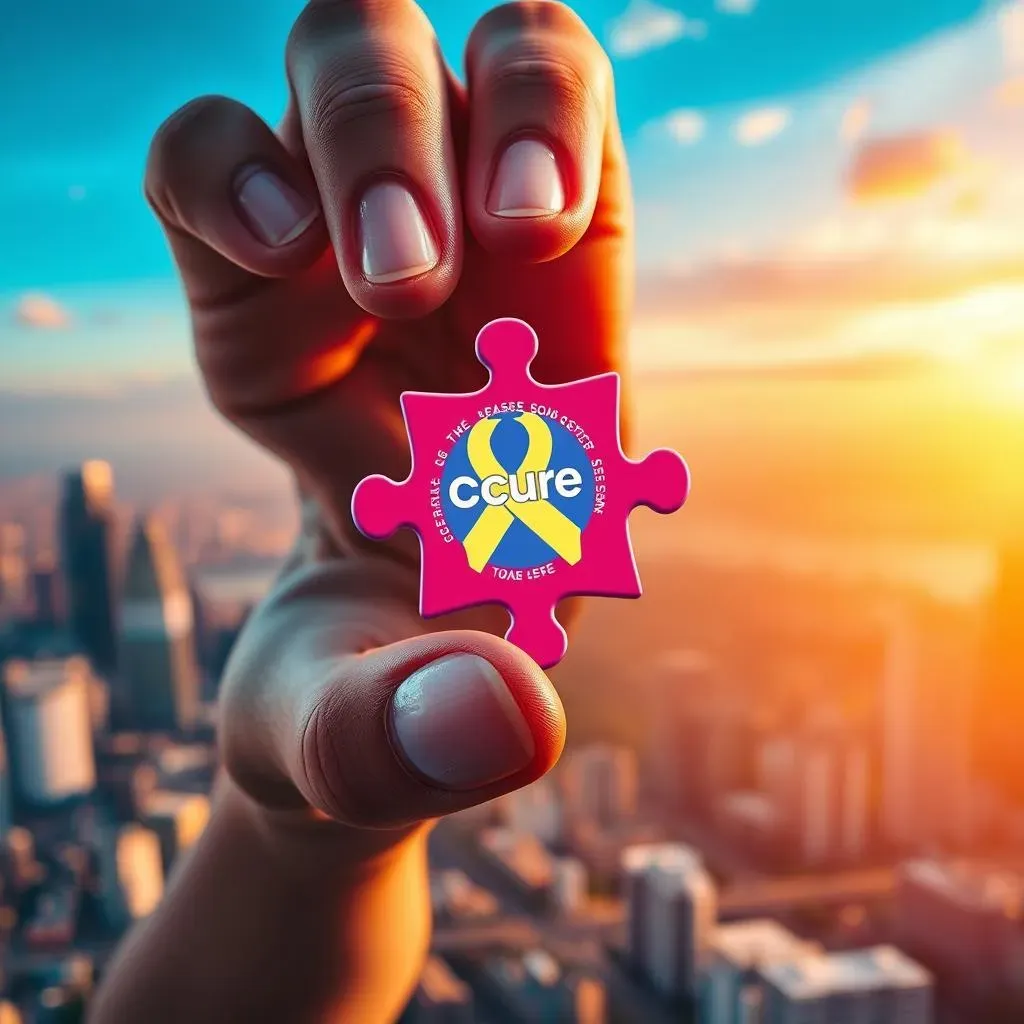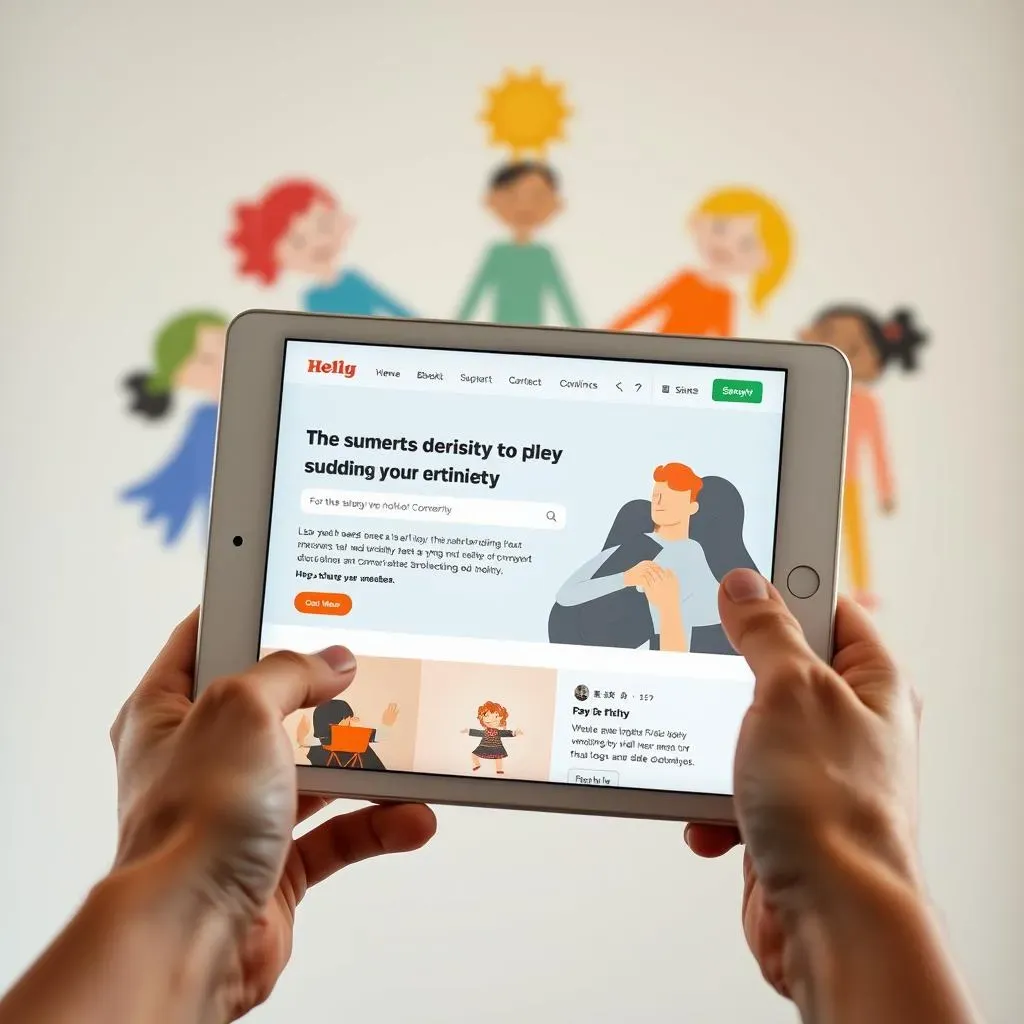Table of Contents
Raising money for medical treatments and research related to rare diseases presents unique and significant challenges. This article serves as your comprehensive guide to navigating the complex world of medical fundraising for rare diseases. We'll explore the specific needs and characteristics of this area of fundraising, providing practical strategies and insights to help you make a real difference. We'll cover effective fundraising methods, address common obstacles, and delve into the crucial legal and ethical considerations. Understanding the unique hurdles associated with medical fundraising for rare diseases is paramount, and this guide will empower you with the knowledge and tools to create successful campaigns. Prepare to learn how to build impactful initiatives, overcome funding limitations, and ethically support patients and families affected by these often-overlooked conditions. Let's embark on this journey together, transforming challenges into opportunities for positive change.
Understanding Rare Diseases and Fundraising Needs

Understanding Rare Diseases and Fundraising Needs
Understanding the Landscape of Rare Diseases
So, you're diving into the world of rare disease fundraising? Welcome! It's a challenging but incredibly rewarding area. First things first: rare diseases are, well, rare. This means smaller patient populations, which often translates to less public awareness and, consequently, fewer readily available funding sources. Many rare diseases lack widely-known treatments, leading to a higher demand for research funding. That's where fundraising becomes crucial. Think of it like this: each dollar raised is a step closer to a breakthrough. We're talking life-changing research, access to specialized care, and support for families navigating incredibly difficult journeys. It's not just about money; it's about hope.
Let's talk about the fundraising landscape. You'll find that traditional methods might not always be enough. Sure, bake sales and charity walks are great, but for rare diseases, you often need to think bigger, bolder, and more strategically. You might consider exploring crowdfunding platforms, which are fantastic for reaching a wider audience and building a community around a specific cause. Check out our guide on successful medical crowdfunding for some solid tips.
Fundraising Method | Pros | Cons |
|---|---|---|
Crowdfunding | Wide reach, community building | Requires significant effort in promotion |
Grant Applications | Large potential funding | Competitive, requires extensive paperwork |
Corporate Sponsorships | Significant funding, brand awareness | Requires strong proposals, relationship building |
Grants are another avenue to explore, but be prepared for a competitive process. There are specific grant programs dedicated to rare diseases, often from government agencies or private foundations. These can provide substantial funding, but the application process can be lengthy and demanding. It's a marathon, not a sprint! That's why having a well-defined fundraising plan is critical. A strong plan outlines your goals, targets, and strategies. It's your roadmap to success. And remember, there are resources available to help you navigate this. Check out our guide on setting up a fundraising campaign to get started.
One thing that often gets overlooked is the emotional aspect of fundraising for rare diseases. You're not just raising money; you're raising awareness and hope for families facing incredible challenges. Sharing patient stories can be incredibly powerful. A compelling narrative can resonate deeply with potential donors. Learn how to write a compelling story with our guide on writing a compelling story.
Effective Strategies for Medical Fundraising

Effective Strategies for Medical Fundraising
Harnessing the Power of Storytelling
One of the most potent tools in your fundraising arsenal is storytelling. Rare disease fundraising isn't just about numbers; it's about connecting with people on an emotional level. Share the stories of those affected – their struggles, their hopes, and their resilience. These narratives humanize the cause and make it relatable. Think about creating short videos featuring patients or families, or writing compelling blog posts that highlight individual journeys. These personal touches can significantly amplify your fundraising efforts. Remember, people donate to people, not just causes. Check out our guide on writing compelling fundraising stories to learn more.
Consider diversifying your storytelling approach. Use different media formats like videos, podcasts, or even social media campaigns. Each platform offers a unique opportunity to reach different segments of your audience. Remember to keep your messaging consistent across all channels. A unified voice builds brand recognition and trust. A well-crafted narrative can significantly impact donation rates. For inspiration, take a look at some successful medical fundraising stories.
- Create short, impactful videos.
- Write blog posts highlighting patient journeys.
- Use social media to share updates and stories.
Leveraging Online Platforms and Technology
The digital age offers incredible opportunities for fundraising. Crowdfunding platforms like GoFundMe or Kickstarter can be incredibly effective, allowing you to reach a global audience. These platforms often provide built-in tools for promoting your campaign and managing donations. Social media is another powerful tool; use it to share updates, engage with supporters, and build a community around your cause. Consider running targeted ads to reach potential donors based on their interests or demographics. Remember to always maintain a consistent brand identity across all platforms to maximize impact. Learn how to maximize your online presence with our guide on promoting medical fundraisers.
Beyond crowdfunding and social media, explore other digital avenues. Email marketing can be highly effective for cultivating relationships with donors and keeping them informed about your progress. Create a visually appealing website with clear information about your cause and donation methods. Don't underestimate the power of a well-designed website and engaging email campaigns. They are crucial for maintaining consistent communication and building strong relationships with your supporters. For a comparison of different crowdfunding platforms, check out our platform comparison guide.
Platform | Pros | Cons |
|---|---|---|
GoFundMe | Easy to use, wide reach | High platform fees |
Kickstarter | Strong community building features | All-or-nothing funding model |
Building Strategic Partnerships and Collaborations
Don't underestimate the power of collaboration. Partnering with other organizations, businesses, or even influencers can significantly expand your reach and resources. Consider approaching corporations for sponsorships, collaborating with patient advocacy groups, or teaming up with complementary charities. Strategic alliances can unlock new funding streams and enhance your overall impact. Building relationships with relevant stakeholders can open doors to previously inaccessible opportunities.
Think creatively about potential partnerships. Perhaps a local business could host a fundraising event, or a celebrity could endorse your cause. A well-structured partnership agreement is essential to ensure clear expectations and responsibilities for all parties involved. A strong partnership can lead to significant fundraising success. For more ideas on building collaborative partnerships, consider reviewing our guide on medical fundraising through foundations which can provide valuable insights into securing additional support and expanding your network.
Overcoming Challenges in Rare Disease Fundraising

Overcoming Challenges in Rare Disease Fundraising
Limited Awareness and Understanding
One of the biggest hurdles in rare disease fundraising is the simple fact that many people haven't even heard of these conditions. Low public awareness directly impacts donation rates. It's a chicken-and-egg problem: you need funding to raise awareness, but you need awareness to get funding. To combat this, focus on creating compelling narratives that humanize the issue and make it relatable. Show, don't just tell. Share stories of individuals affected by the disease. Highlight the impact of research breakthroughs and the hope they provide. A well-crafted story can emotionally connect with potential donors, encouraging them to contribute. Remember, effective storytelling is key to breaking through the noise and building genuine support for your cause. For more ideas, check out our guide on writing compelling fundraising stories.
Another crucial aspect is educating potential donors about the specific rare disease you're supporting. Provide clear and concise information about the condition, its impact on patients' lives, and the importance of research. Use infographics, videos, or other engaging visuals to convey complex medical information in an accessible way. Remember, your donors are not medical professionals; they need to understand the "why" behind your fundraising efforts. Consider creating resources like FAQs or educational pamphlets to address common questions and concerns. And don’t forget the power of social media; use it to share updates, engage with supporters, and build a community around your cause. For more tips on promoting your fundraiser, see our guide on promoting medical fundraisers.
- Share patient stories.
- Create educational materials.
- Use social media effectively.
Securing Funding in a Competitive Landscape
The fundraising world is competitive, and securing funding for rare diseases can feel particularly challenging due to limited resources. Many organizations are vying for the same donor dollars. To stand out, you need a well-defined strategy and a compelling case for support. Start by identifying your target audience and crafting a clear message that resonates with their values. Focus on the impact of your fundraising efforts and how the funds will be used. Transparency is crucial; donors want to know exactly where their money is going. Highlight the successes of past fundraising campaigns to build trust and confidence. A well-structured plan will help you secure funding successfully.
Diversify your fundraising streams. Don't rely solely on one method; explore a variety of options including grants, crowdfunding, corporate sponsorships, and individual donations. A multi-pronged approach increases your chances of securing sufficient funding. Remember to track your progress and adapt your strategy as needed. Regularly evaluate your fundraising efforts to identify what's working and what's not. Data-driven decision-making is essential for maximizing your impact. For further guidance on navigating the complexities of fundraising, our guide on challenges and solutions offers valuable insights.
Fundraising Strategy | Pros | Cons |
|---|---|---|
Grant Applications | Large potential funding | Competitive, time-consuming |
Crowdfunding | Wide reach, community building | Requires significant marketing effort |
Corporate Sponsorships | Significant funding, brand awareness | Requires strong relationships |
Legal and Ethical Considerations in Medical Fundraising

Legal and Ethical Considerations in Medical Fundraising
Legal and Ethical Considerations in Medical Fundraising
So, you're thinking about the legal side of things? Smart move! This area can be tricky, but it's vital to get it right. Transparency and accountability are key. Donors need to know exactly how their money will be used, and you need to be able to demonstrate that. That means having clear financial records, regular reporting, and a robust system for managing donations. Think of it as building trust – something incredibly valuable in fundraising. It's not just about following the rules; it's about upholding ethical standards and ensuring that donors feel confident in your organization's integrity. Knowing the legal requirements for your specific location is a must. For a better understanding of the rules and regulations, check out our guide on medical fundraising regulations.
One important aspect is compliance with tax laws. Depending on your region, there might be specific regulations regarding charitable donations and tax-deductible contributions. Understanding these laws ensures you're operating legally and ethically, and it also helps maintain the trust of your donors. Misunderstandings in this area can lead to serious consequences. You need to make sure your organization is registered appropriately and that you're following all the necessary procedures for processing donations and issuing receipts. Remember, it's all about building trust and ensuring that your donors feel confident in your organization's transparency and integrity. For answers to frequently asked questions, our FAQ section is a valuable resource.
- Maintain detailed financial records.
- Comply with all relevant tax laws.
- Ensure transparency in donation usage.
Another critical element is data privacy. You'll be collecting personal information from donors, and it's your responsibility to protect that information. This means complying with data protection laws, such as GDPR or CCPA, depending on your location. You need to have clear policies in place regarding data collection, storage, and usage. Always obtain consent from donors before collecting or using their data. Transparency regarding data handling practices builds trust and fosters positive relationships with your supporters. Failure to uphold data privacy can severely damage your organization's reputation and lead to legal repercussions.
Finally, ethical fundraising practices go beyond simply complying with legal requirements. It's about acting with integrity and putting the needs of the beneficiaries first. Avoid making misleading or exaggerated claims about the impact of donations. Be honest and upfront about any challenges or limitations. Transparency builds trust and helps foster long-term relationships with your supporters. Remember, ethical fundraising is not just about compliance; it's about building a strong reputation based on integrity and trust. Our guide on medical fundraising laws and ethics provides further insights into ensuring compliance and maintaining ethical standards.
Ethical Consideration | Best Practice |
|---|---|
Transparency | Clearly communicate how donations are used. |
Data Privacy | Comply with data protection laws and obtain consent. |
Accountability | Regularly report on fundraising progress and financial status. |
